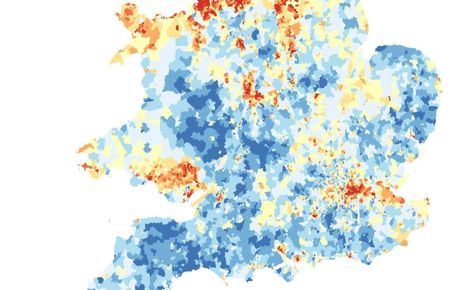Within our Department, research interests fall into six broad research themes. Find out more about each theme below, and explore the impact of our research.
Research themes
Research themes
Research impact
In addition to cutting edge science, we also aim to translate our work into relevant and useful advice for policymakers and industry. To achieve this, we work closely with our scientific peers, stakeholders in government and industry, and also with the public, and advocacy and patient groups to ensure that we are as transparent as possible.
We focus our policy related work in three overlapping strategic areas which are used for a range of policy applications:
- Pollution sources and health impacts - contribution to consultations and evidence at local, national, European and global level.
- Disease and risk factor surveillance – development and application of methods for documenting geographical patterns and time trends of major health risks and outcomes, globally as well as in the UK.
- Risk assessment – application of our expertise in exposure science and modelling, epidemiology, and population health to provide quantitative estimates of the health effects of environmental and nutritional risks, or of policies that address them.
How do we do it?
We utilise a variety of mechanisms to translate our research into policy and to engage with our key stakeholders and members of the public:
- Systematic reviews in key areas.
- Focussed work supporting government committees, including risk assessment and systematic reviews e.g. Committee on Medical Aspects of Radiation in the Environment (COMARE), Committee on Toxicity of Chemicals in Food, Consumer Products and the Environment (COT)
- Development and application of tools, methods and models for risk assessment and disease surveillance.
- Collaborative research with scientific colleagues in Public Health England (PHE)
- Global surveillance of non-communicable disease (NCD) risk factors, through the WHO Collaborating Centre on Non-Communicable Disease Surveillance and Epidemiology (Director: Ezzati)
- A range of patient and public involvement and engagement activities, such as the Imperial Festival, MRC Festival of Medical Research, the MRC-PHE Centre for Environment and Health’s Community Advisory Board, and outreach activities with schools.
Why is it important?
Our research has wide-ranging implications for public health, and we are excited to translate our scientific advances into improvements in health policy and prevention and treatment of major chronic diseases.






